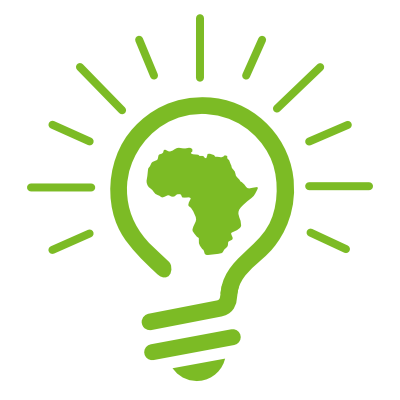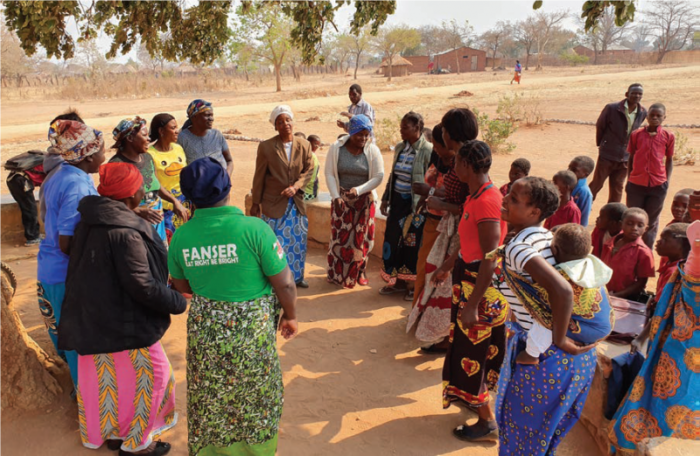For those living in rural Zambia, poverty rates were stubbornly high, impacting as much as 78 percent of the population and disproportionately affecting adolescent girls and women. Although the country had achieved close to universal access to primary education, secondary school coverage was falling and included only about 40 percent of school aged children.
National data confirmed that investments in human capital development—health, education, and social protection for the poorest and most vulnerable households—were critical to national economic growth. According to national household data and World Bank analyses, when girls went to secondary school, they earned almost 100 percent more than their peers who did not. And when women worked outside of agriculture, their earnings increased by roughly 35 percent.
With the productive grant she received from the GEWEL program, Ms. Mwamba bought three goats and used the remainder of the money to buy rice. She began selling rice in her rural community and has been able to successfully improve the quality of life for her family.
To date, the GEWEL program has supported more than 28,000 girls from financially disadvantaged households by covering their secondary school costs. In addition, 75,000 women from extremely poor households in 51 districts across all 10 provinces of the country have received livelihoods packages similar to Ms. Mwamba’s, consisting of life and business skills training, a productive grant equivalent to $225, mentorship, and support to form savings groups.
For Karen Mwamba, a 45-year-old mother of three, this intervention was life-changing.



